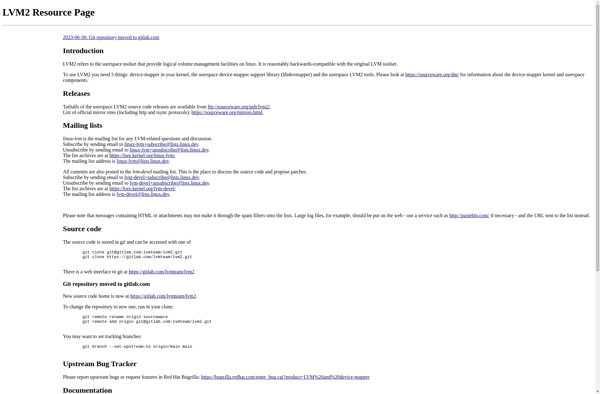DRBD
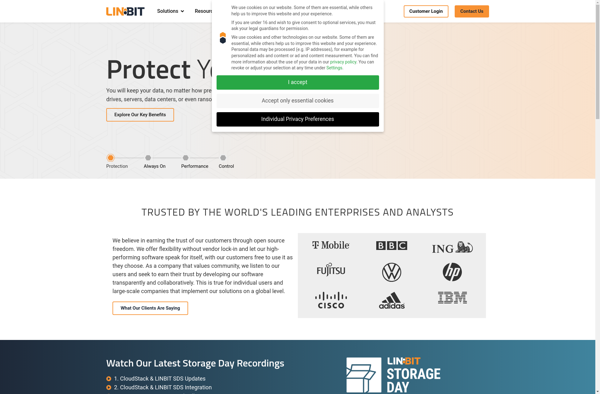
DRBD: Open-Source Disk Replication Software for High Availability
DRBD provides disk replication and failover clustering functionality for Linux systems, offering mirroring of block devices between servers for high availability and redundancy.
What is DRBD?
DRBD (Distributed Replicated Block Device) is an open-source software application that provides disk replication and failover clustering functionality for Linux systems. It allows mirroring of block devices between servers to provide high availability, increased redundancy, and disaster recovery capabilities.
DRBD works by mirroring the content of a block device from one server to one or more other servers in real-time. This means that if the primary server fails, one of the secondary servers can take over operation seamlessly without any data loss. The switchover process is handled automatically by DRBD's clustering software.
Some key capabilities and features of DRBD include:
- Synchronous and asynchronous block-level replication of storage between servers
- Support for shared storage configurations with automatic failover handling
- Flexible replication modes: primary/secondary, dual-primary, and multi-primary
- Integration with Linux clustering software like Pacemaker for automatic failover orchestration
- Network compression and encryption for efficient and secure data transfer
- Consistent replication without suffering from any performance impacts
DRBD is commonly used to create high availability database servers, mirror boot drives across servers, provide redundancy for virtual machines, and other use cases requiring continuous availability and seamless failover capabilities.
DRBD Features
Features
- Real-time disk replication
- Automatic failover
- Load balancing
- Read scaling
- Disk snapshots
- Flexible replication modes
Pricing
- Open Source
Pros
Cons
Official Links
Reviews & Ratings
Login to ReviewThe Best DRBD Alternatives
Top System & Hardware and Clustering & High Availability and other similar apps like DRBD
Here are some alternatives to DRBD:
Suggest an alternative ❐Ceph
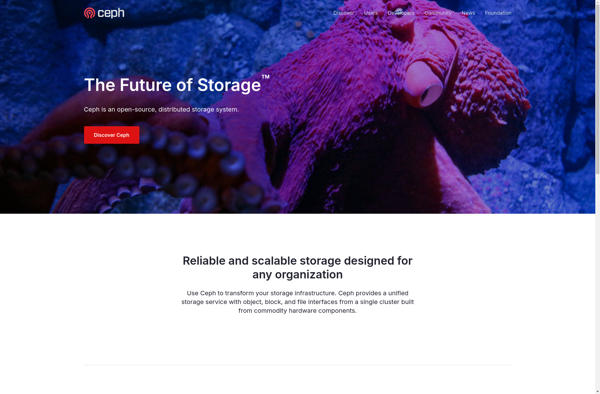
GlusterFS
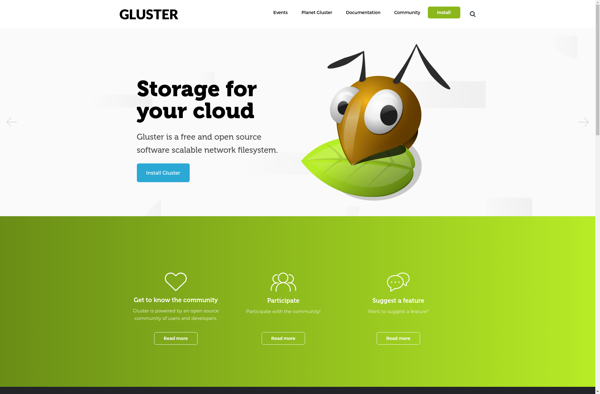
XtreemFS
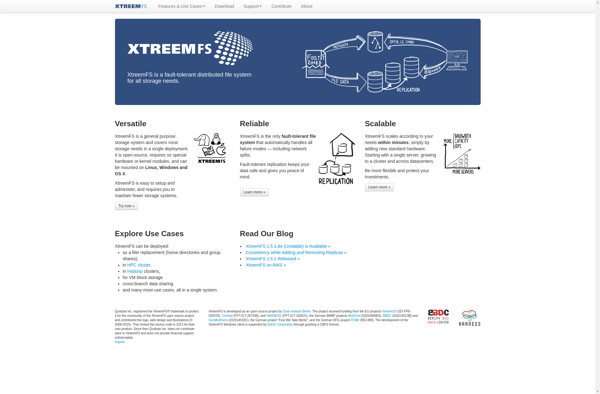
BeeGFS

StorPool
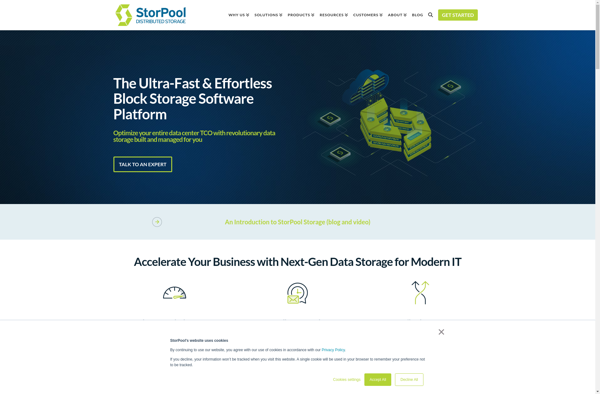
Seaweed FS
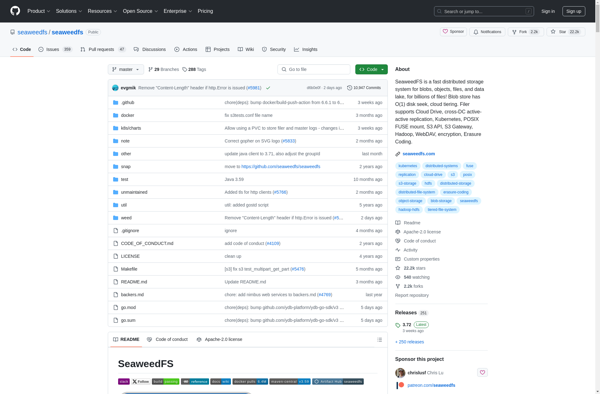
NetApp

LVM2
